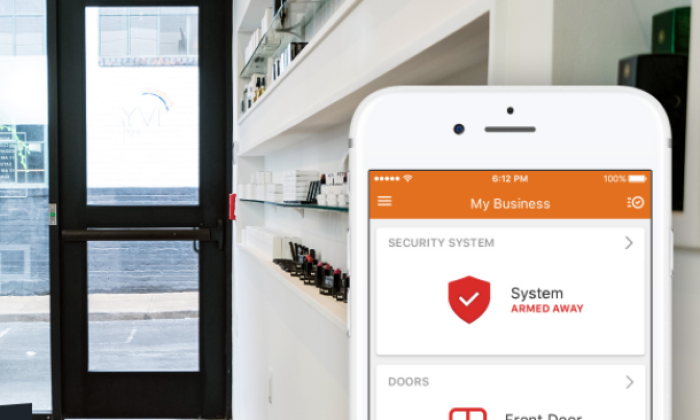Best EMR Systems

By Neil Patel
Disclosure: This content is reader-supported, which means if you click on some of our links that we may earn a commission.
In the fight to stay organized, healthcare professionals have an uphill battle.
Billing is more complicated than the human genome.
Government regulations add extra steps to every task.
Decisions are time-sensitive.
Small mistakes can have serious consequences.
On top of all of this, everyone’s busy. There’s no extra time to search for a patient record or reorder an incorrect prescription.
The best electronic medical records (EMR) systems can simplify a lot of the complex challenges today’s providers face.
They are not a silver bullet by any means, but finding a product that works for your practice will make you more efficient today and better prepared for tomorrow.
Here are the top EMR systems that are helping practices improve care, reduce burnout, and make every day less stressful for everyone who walks in the door.
The Top Four Options for EMR Systems
- CareCloud – Best for growing specialty practices
- athenahealth – Best for switching to a new system
- SimplePractice – Best for health and wellness providers
- Kareo – Best for independent practices
The Different Types of EMR Systems
Not so long ago, EMR systems were the tool for turning paper charts into digital resources. They made patient data easier to access and track.
People still need these functions, but today you are going to see very few standalone EMR systems. Instead, you will find EMR systems will come as part of a larger electronic health records (EHR) system.
EMR vs EHR Systems
Here’s the key difference between the two:
- Electronic medical records are a digitized version of a patient’s chart.
- Electronic health records include information from all doctors involved with a patient’s care.
With EMR systems, people within the organization could access a patient’s chart. With EHR systems, on the other hand, medical records can be shared between multiple providers, labs, and insurers.
This ability to share complete EHRs is critical in today’s healthcare environment.
You may already know the reasons why EMR systems are being phased out in favor of EHRs. I’m not going to go in-depth here, though you can certainly read about it if digging into healthcare legislation blows your hair back (see specifically the HITECH Act).
Suffice it to say, new laws and changes in technology have made EHR systems essential.
This can be confusing though.
Many providers still need to digitize and organize the work of their office. EMR systems are perfect for that, and so there’s still a lot of online search for the term.
And because people are asking the internet for EMR systems, you’ll see vendors offering “EMR systems” and directing you to their EHR, or calling their products EMR/EHR solutions.
Some vendors seem to use EHR and EMR interchangeably. Likely, they will continue to do so as long as people are searching for EMRs.
For all the haziness and craziness of the situation, providers who need an EMR system today are really just looking at two major product categories:
- EHR systems
- Practice management suites
Let’s go through both of these so you can …read more
Source:: Kiss Metrics Blog








